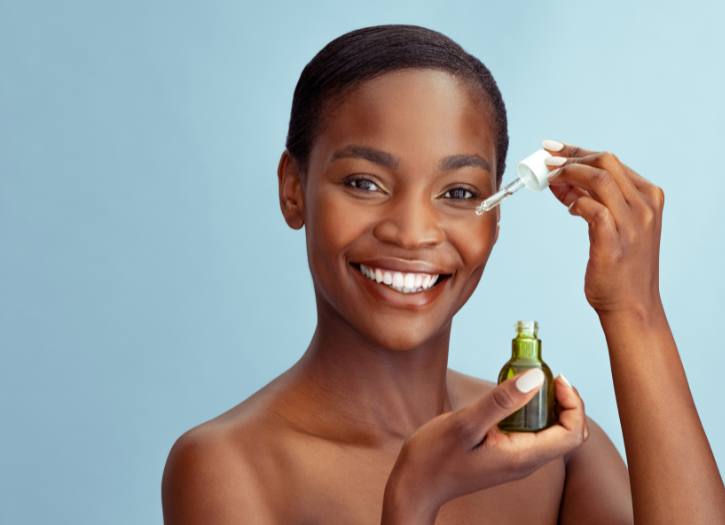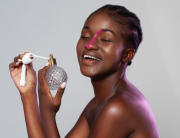Skincare from Korea and other Asian countries is conquering the global market. Products such as essences, sheet masks and sun protection are an indispensable part of many beauty routines. In 2022, the Korean cosmetics industry achieved a global turnover of over 13 billion US dollars. But what makes these products so special? You can find some answers here.
Cleansing and care as a basis
Thorough cleansing and the right care are the cornerstones of every skincare routine. Korean products differ greatly from Western alternatives. Instead of aggressive cleaning agents, mild formulations dominate that preserve the skin’s natural pH. Essences and toners with moisturizing ingredients such as hyaluronic acid and niacinamide are standard components.
Korean skincare products also score points for their diversity. Ampoules and sheet masks offer targeted solutions for specific skin needs. While heavy creams are often used in the USA, Korean products rely on light textures. This philosophy reduces the risk of clogged pores and promotes a natural glow.
Ingredients
Natural extracts such as green tea or snail mucus are the focus. These ingredients soothe the skin and promote regeneration. In contrast, Western products often use chemical formulas.
The right storage for skincare products
Optimal storage of care products significantly affects their effectiveness. Particularly sensitive skincare products benefit from cool temperatures. Vitamin C serums, propolis essences and some toners should be kept in the refrigerator to extend their shelf life. A temperature between 5 and 10 degrees Celsius is ideal, as heat and humidity can destabilize the formulations.
The refrigerator protects against temperature fluctuations, which often occur on the dressing table. Multifunctional furniture from Foleja Home or others offer clever solutions for perfectly organizing products that do not require cooling. This way, masks, creams and tools are always at hand, while sensitive products are stored separately.
What skin types are they suitable for?
Korean skincare products offer a range of solutions for different skin types. The mild formulations are particularly suitable for sensitive skin. Ingredients such as Centella Asiatica, also known as “tiger grass”, sooth redness and promote regeneration. Similarly, snail mucus, known for its moisturizing and healing properties, helps to care for irritated skin. These formulas reduce inflammation and strengthen the skin barrier, making them ideal for people with allergy-prone or reactive skin.
Dry skin also benefits from Korean products. Moisturizing ingredients such as hyaluronic acid, glycerin and plant-based oils bind moisture and prevent dryness. Sheet masks with active ingredients such as aloe vera or honey provide an instant moisture boost. Light textures such as gels or water-based serums are quickly absorbed and leave a refreshed feeling.
Perfect for oily or blemished skin
Korean products also offer solutions for oily skin or skin prone to acne. Formulas with salicylic acid, tea tree oil or green tea regulate sebum production and have an antibacterial effect. These active ingredients cleanse the pores and help to reduce blemishes. Light, water-based emulsions and oils moisturize without weighing down the skin.
Further beauty trends from the Far East
Asian countries have a different ideal of beauty. In Korea, flawless, porcelain-like skin is seen as a symbol of youth and vitality. This standard has a strong influence on the local beauty industry. Surgical procedures are also widespread here. Rhinoplasty and eyelid lifts are popular in order to imitate Western facial features.
The daily skincare routine in Korea often involves up to ten steps. Double cleansing, toning and ampoules are part of the standard process. Time-consuming but effective – this concept is considered the key to healthy skin in Asia. Technologies such as LED masks or microneedling are integrated at home.







Add Comment
You must be logged in to post a comment.